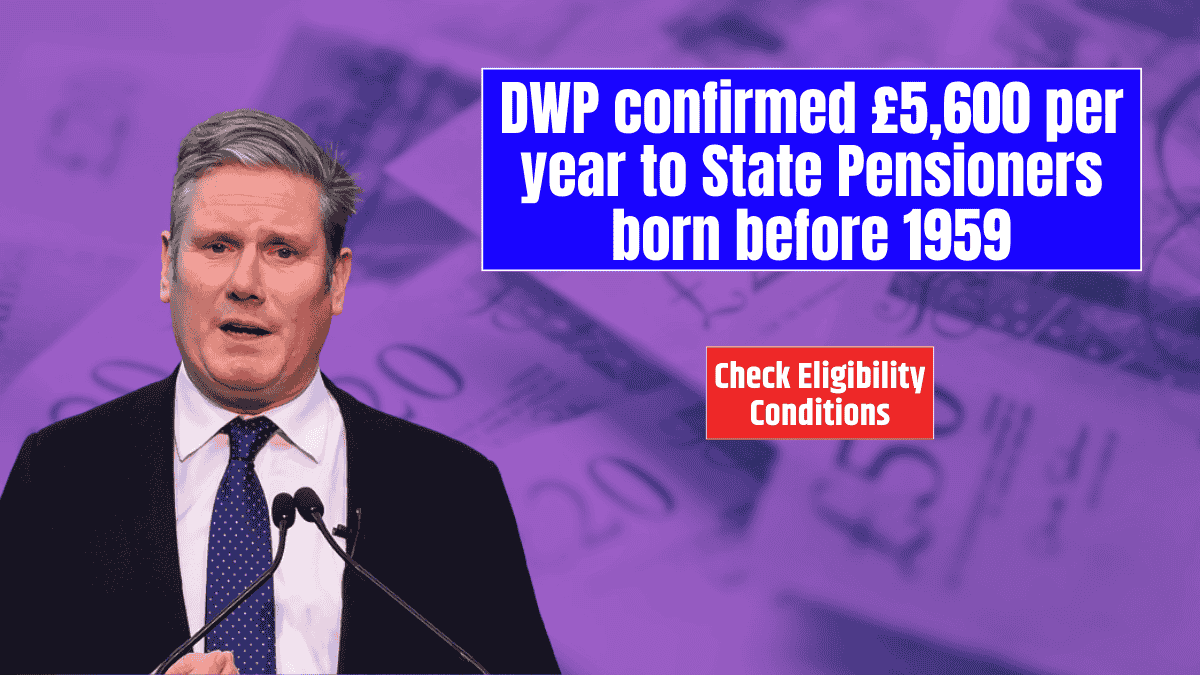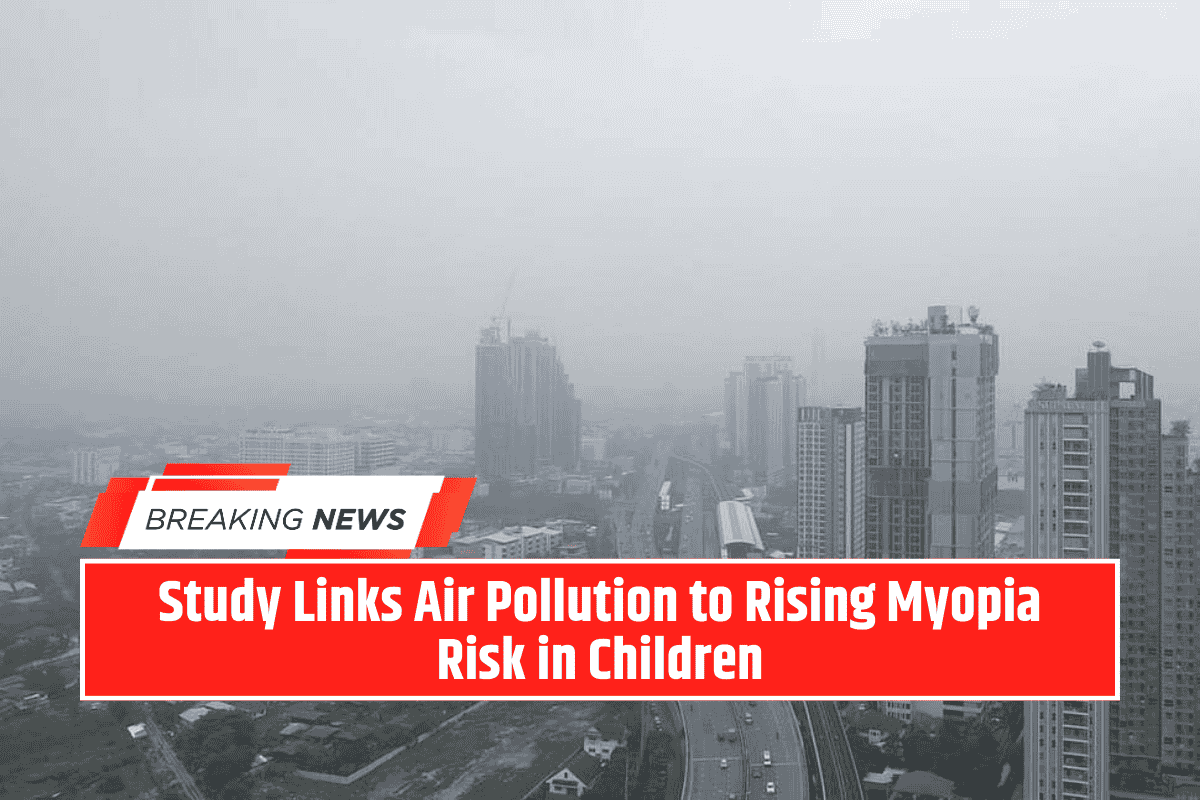The fight for compensation by 1950s-born WASPI (Women Against State Pension Inequality) women has once again made headlines, as the UK Government issued a new public update on their case. With years of campaigning behind them and thousands of women affected, many are now asking the same question: Will justice ever come—and when?
Latest Update from the Government on WASPI Women
On December 16, 2024, during a session in the House of Commons, the Department for Work and Pensions (DWP) was directly questioned about its progress on the WASPI issue. A Member of Parliament pressed the DWP for a timeline, pointing out that between 1,400 and 1,500 women had passed away just in the last two weeks without receiving compensation or a resolution.
In response, Emma Reynolds, the newly appointed Parliamentary Under-Secretary of State for Work and Pensions, acknowledged the urgency and pressure behind the case. She said:
“We are working at pace on this issue. We hope to come to the House soon to update on what we’re going to do next.”
She also highlighted that she was the first minister in eight years to officially meet with WASPI campaigners, showing a renewed willingness to engage with the issue.
What Is the WASPI Campaign About?
The WASPI movement began after hundreds of thousands of women born in the 1950s were affected by changes in the State Pension age, which increased from 60 to 66.
Many were not properly informed about these changes and had to face unexpected delays in receiving their pensions. For some, this meant losing years of income they had planned for—without the time or means to adjust their retirement plans.
The Parliamentary and Health Service Ombudsman (PHSO) investigated this for nearly six years and, in March 2024, published its findings. The report concluded that the DWP had failed in its duty to properly communicate these changes, and suggested that affected women may be entitled to compensation of around £2,950 each.
What Has the Government Said So Far?
Despite acknowledging the findings of the Ombudsman, the Government has not yet confirmed how or when compensation will be paid out. They continue to say they are “considering the report” and that they are engaging with all parties involved. This includes:
- Meeting with WASPI Ltd campaign leaders.
- Engaging with the All-Party Parliamentary Group on State Pension Inequality.
- Talking directly with the interim Ombudsman.
While this shows more openness compared to previous years, no concrete compensation plan or payment schedule has been announced.
Why Is This Update Important Now?
With each passing week, more affected women are growing older—or dying—without seeing justice. Campaigners say that time is of the essence and that continued delays are not only frustrating but heartbreaking.
This update is important because:
- It shows that the government is listening, even if no final decision has been made yet.
- The mention of “coming to the House soon” suggests that an official announcement may be made in early 2025.
- It places added public and political pressure on ministers to act without further delay.
What Can WASPI Women Do Right Now?
If you’re one of the women affected by this issue, here are a few steps to stay updated and involved:
- Sign up for updates from the WASPI campaign’s official website.
- Follow Parliament discussions and keep an eye on DWP updates.
- Join support groups and online forums for shared news and advocacy.
- Contact your MP to push for faster government action.
The WASPI fight has been a long and emotional journey for thousands of women across the UK. While the latest DWP update brings some hope, it also leaves many questions unanswered. The government now has a chance to correct a long-standing injustice, but time is running out.
Women deserve not just kind words and meetings—they deserve meaningful compensation, delivered fairly and without further delay.












